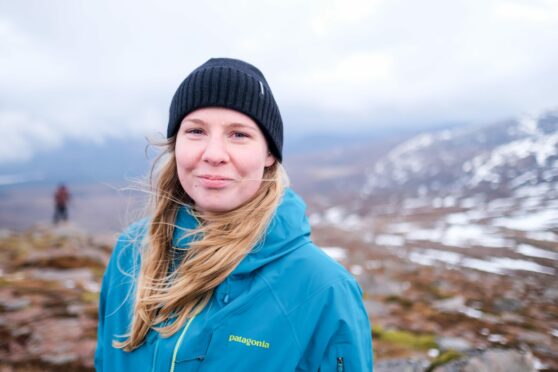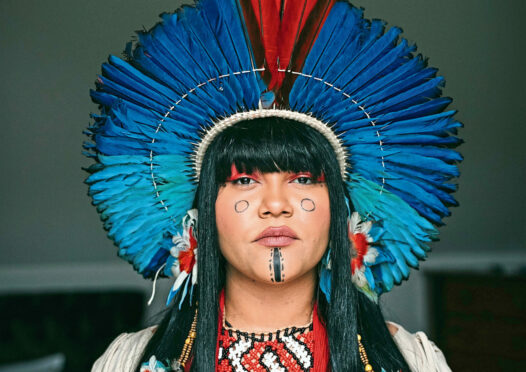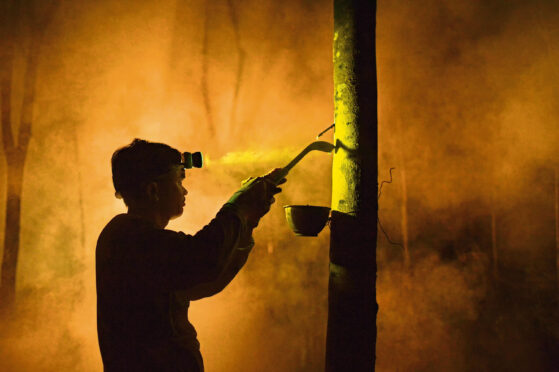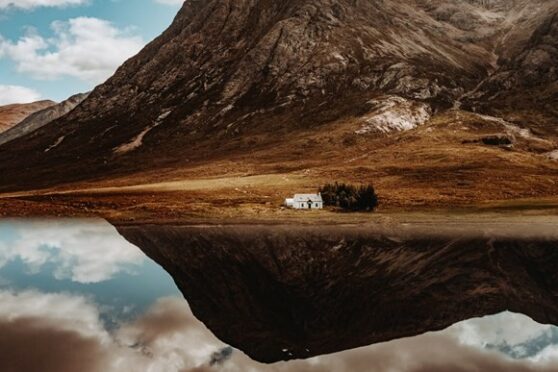
With extreme weather increasing in frequency and impact, Scotland, and the world, is hunkering down to cope with the effects of climate change.
Much of rural Scotland is already stretched thin with limited infrastructure and dwindling populations. Lauren MacCallum is general manager of Protect Our Winters UK, a charity that is committed to helping the outdoor industry and rural communities endure the climate emergency.
She said: “Both my parents are North Sea oil and gas workers, and we talk about a just transition for oil workers, but where is the just transition for Highland communities that depend on a tourist industry?
“If we keep increasing emissions at the rate that we are now, that means that mountains under 2,000 metres, which is all of Scotland, will see no consistent snowfall by the end of the century. We need to look after our rural communities, and give them the skills, finance and commitment to diversify and still thrive when winter tourism simply doesn’t exist.”
MacCallum lives in Aviemore and is a keen winter sports enthusiast herself. She argues that the only way to protect Scottish rural communities from the impact of climate change is to think beyond empty climate jargon and address the problems that are already bubbling beneath the surface in these areas.
She explained: “People on the ground in communities like mine know what’s best for themselves. Decision-makers need to listen to communities who are most affected. We should not just transition to being a net zero society, but use this opportunity to solve social issues while we do it.
“We have a real opportunity to rethink absolutely everything, from how we source our food, to how we heat our homes, to our health, financial and transport systems. Every touchpoint in society is going to have to change.
“We need not just ambitious targets, but actual policy that is going to be put in place to achieve those targets. We’ve heard all of the sort of ambitious language that lacks any detail.
“After Cop26, it is up to the outdoor and rural communities, and Scotland at large, to hold our governments to account and make them put their cards on the table.”
Lauren MacCallum is general manager of climate charity, Protect Our Winters UK

Enjoy the convenience of having The Sunday Post delivered as a digital ePaper straight to your smartphone, tablet or computer.
Subscribe for only £5.49 a month and enjoy all the benefits of the printed paper as a digital replica.
Subscribe

